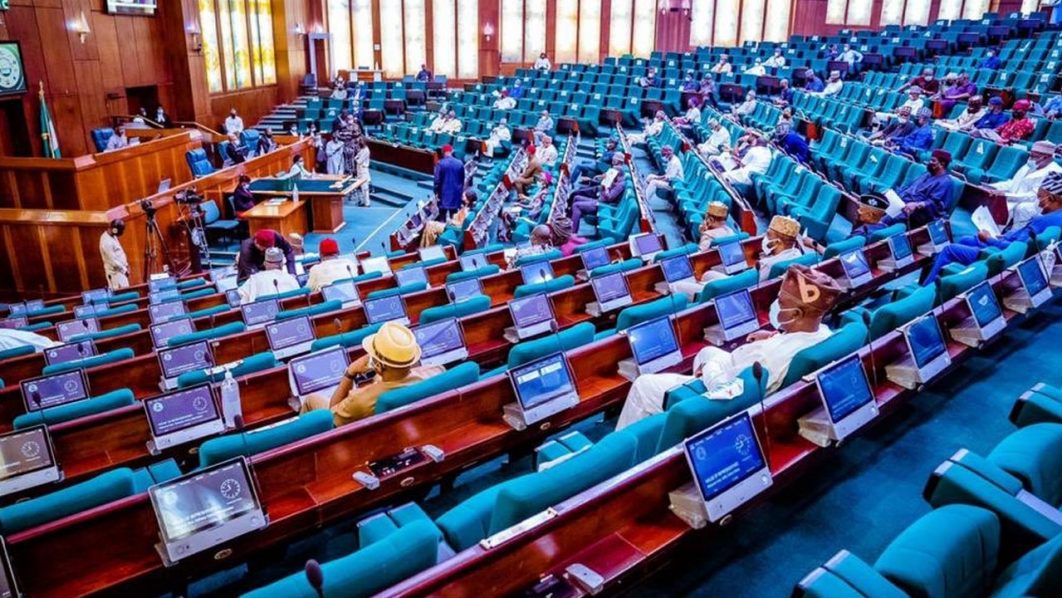
In a statement issued on behalf of the coalition by Prof. Joy Onyesoh and Austin Aigbe, the groups canvassed that in the Senate, one seat should be created for a woman from each of the 36 states and the Federal Capital Territory while two seats for women in the House of Representatives from the 36 states and the FCT. In-state Houses of Assembly, one seat from each of the three senatorial districts should be reserved for women.
The statement was presented during the public hearing of the Senate Committee on the Review of the 1999 Constitution across the country.
The coalition lamented the low level of women representation in elective positions in the last general elections.
“Female political representation in the 2019 elections was negligible relative to approximately half of the population they constitute. Of the 2,970 female candidates (11.36 per cent), only 70 got elected, a meagre 4.71per cent of elected officials. This figure represents a decline from the 2015-19 period, where women formed 5.65 per cent of elected officials.”
They added that the proposed constitution should ensure equitable women representation in government with at least 35 per cent representation in appointive offices at the federal and state levels. They also advocated a new constitution that would be gender-neutral, noting that the current constitution is gender-biased in favour of men with masculine pronouns.
As a way of addressing the gender-biased language, the coalition argued that every gender-biased word such as “he” should be changed to “the person.”



